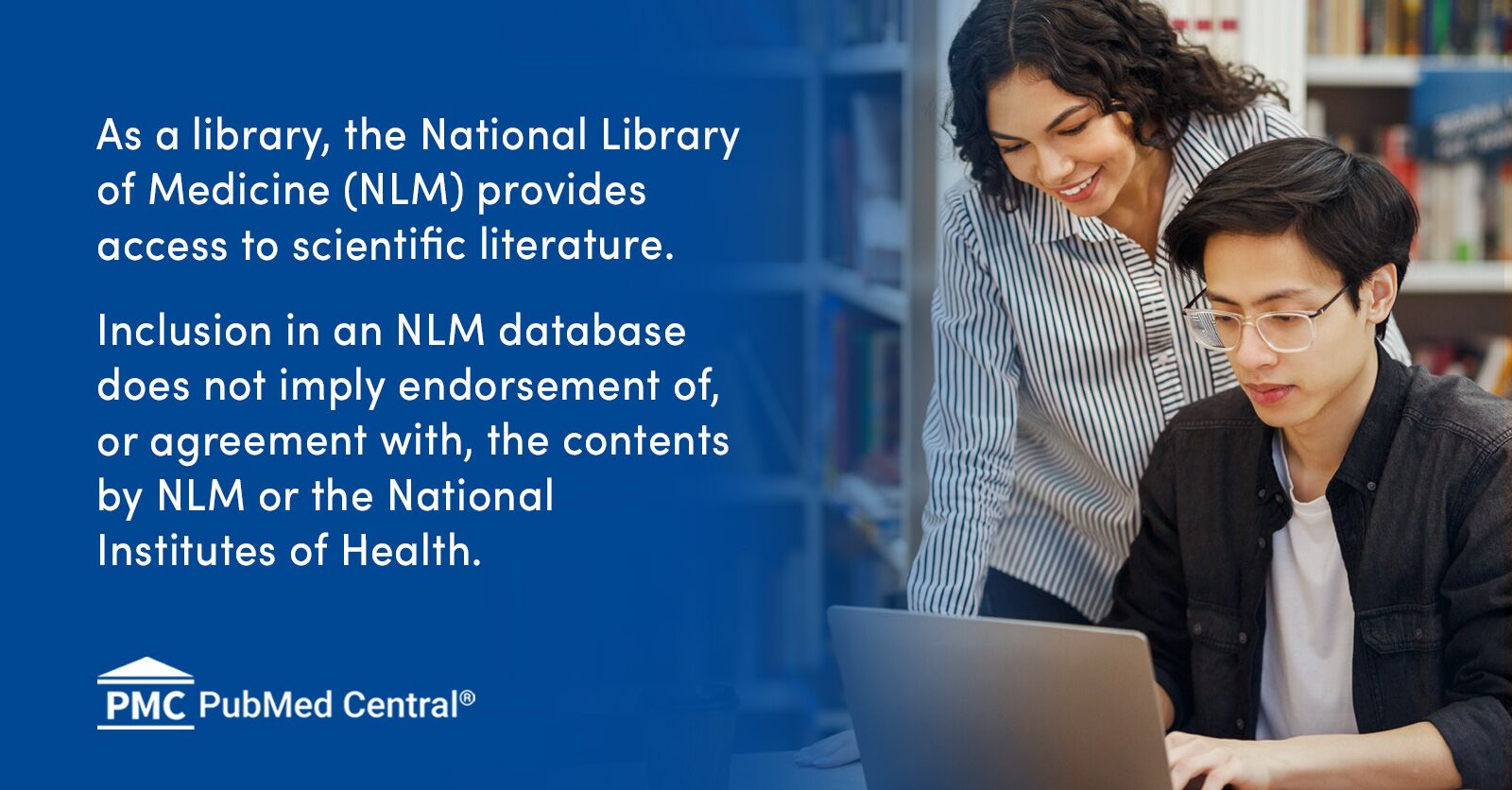Despite (significantly) reduced reaction times, reduced cognition and ability to multitask, reduced vision and hearing senior citizens 70+have lower accident rates than young people.
So, it isn’t just being intoxicated, it’s being an intoxicated AND reckless driver AND having some psychological traits, poor judgment, speeding and so on. It’s maybe not PC to say so but most people “a little tipsy” are still…relatively safe (don’t get me wrong, nobody driving with a BAC over 0.8 has acceptable reaction time or multitasking ability), while a bad driver who is “a little tipsy” is a true menace but is probably a (little less) scary and dangerous driver even when sober. Going further there are those that drive through buildings, or down the wrong side of the street, or pass out driving. Deeper issues.
Personally I’ve had more run-in’s and near misses with people on their cell phones at 8 AM driving to work/school. My reflexes are good. I’m not sure if the latest data on distracted versus DUIare in but they can’t be good. Accident rates are up, methinks.





